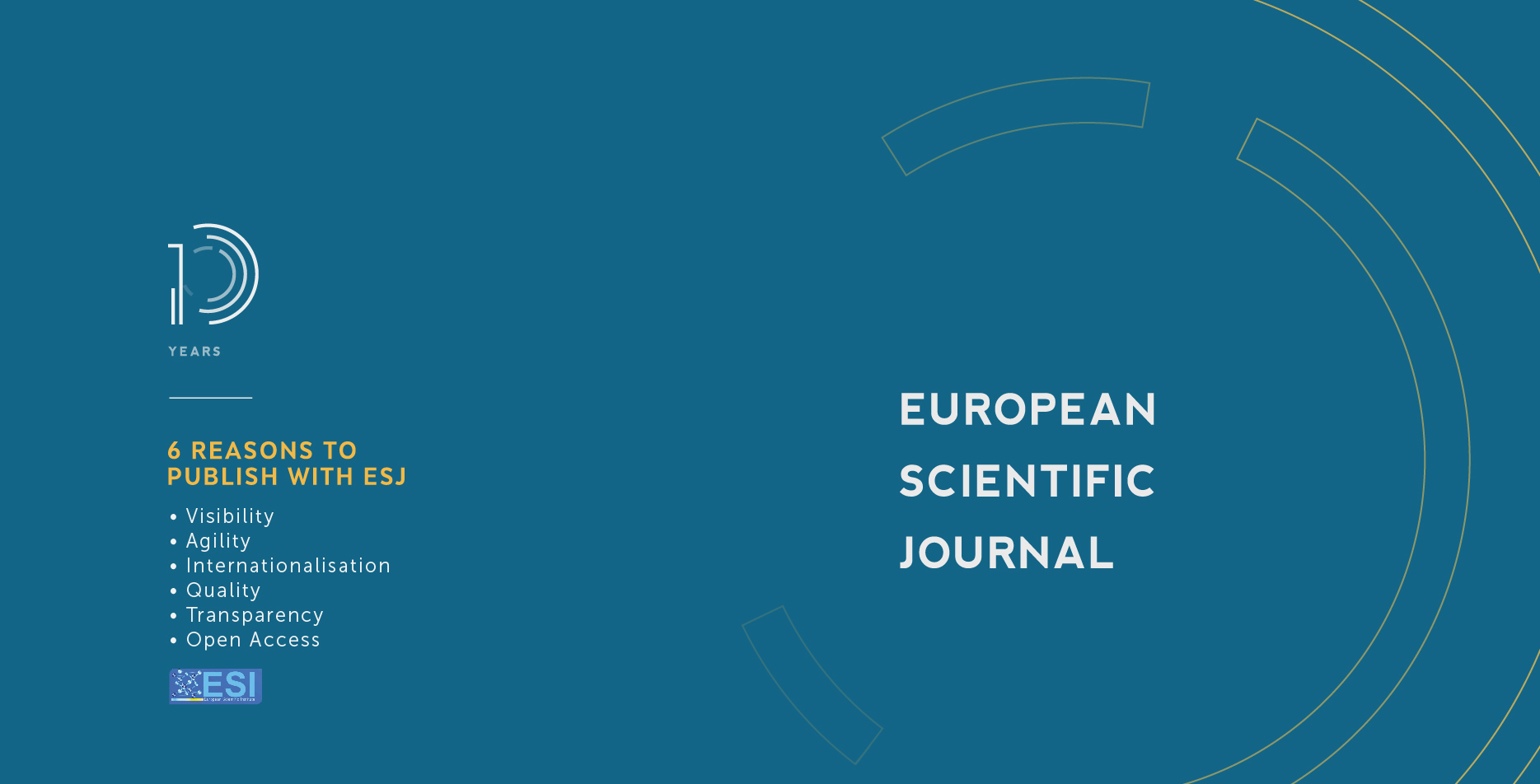Teachers' Perception of the Moroccan ICT Portal of the Ministry of Education
Abstract
School failure is a difficult experience for students and their families. The identified causes of such failures however vary. While some are related to the educational system, others are extrinsic and related to the family or society. This paper focuses on promoting the notion of equity in education since there is a close relationship between equality of opportunity and the reduction of school failure and drop-out. Oftentimes, students from disadvantaged social backgrounds have less access to teaching aids, which results to the highest rate of school failure. The results interpret two things: the impact of the integration of the ICT in education through the Ministry of National Education and Vocational Training and the use of teaching aids in the performance of students. Through the responses of students and teachers to the questionnaire, two main factors of school failure were distinguished. The first factor is specific to the school such as teaching and evaluation methods, the school climate, the content of the curricula taught, and the difficult relationship between teacher and student, while the second factor is identified outside the school such as the students' standard of living or the lack of support at home.
Downloads
PlumX Statistics
References
2. Barber, M. & Mourshed M. (2007). Les clés du succès des systèmes scolaires les plus performants. Chicago USA : Éditions McKinsey & Company.
3. Bizot, C. (2013). Numérique scolaire - Interview. Published at www.20minute.fr available at http://www.20minutes.fr/magazine/
numerique-alecole/interview/le-numerique-augmente-la-motivation-et-le-plaisir-dapprendre-5016/ [Accessed April 28, 2021].
4. Bracewell, R. & Laferrière, T. (1996). L’apport des nouvelles technologies de l’information et de la communication (NTIC) à l’apprentissage des élèves du primaire et du secondaire. Canada : Éditions L’UNIVERSITÉ LAVAL et de L’UNIVERSITÉ McGILL.
5. Chauveau, G. (1996). L’échec scolaire existe - t - il ?, in Échec et réussite scolaires (n°104). Paris : Revue Migrants - formation.
6. Chauveau, G. & Rogovas-Chauveau, E. (1995). À l'école des banlieues. France: Éditions Esf Editeur.
7. Fuxet, A. (2004). Échec scolaire et pédagogie différenciée. Marseille : Éditions de l'institut universitaire de formation des maîtres de l'académie d'aix-marseille
8. Legrand, L. (1994). Encyclopedic dictionary of education and training. Paris: Éditions Nathan.
9. Perreault, N. (2003). Rôle et impact des TIC sur l'enseignement et l'apprentissage au collégial. Canada: Éditions Collège Édouard-Montpetit.
10. Perrenoud, P. (1995). La pédagogie à l'école des différences (2nd ed). Paris : Éditions ESF.
11. Sarrasin, L. (2012). TBI/TNI et la stratégie des 3-O en MST. Available on the link: http://recit.qc.ca/article/tbitni-et-la-strat%C3%A9gie-des-3-o-en-mst [Accessed May 26, 2021].
Copyright (c) 2022 Youssra El Janous, Mohamed Laafou, El Hassan El-Hassouny, Mourad Madrane

This work is licensed under a Creative Commons Attribution-NonCommercial-NoDerivatives 4.0 International License.








